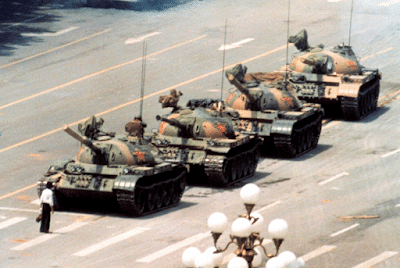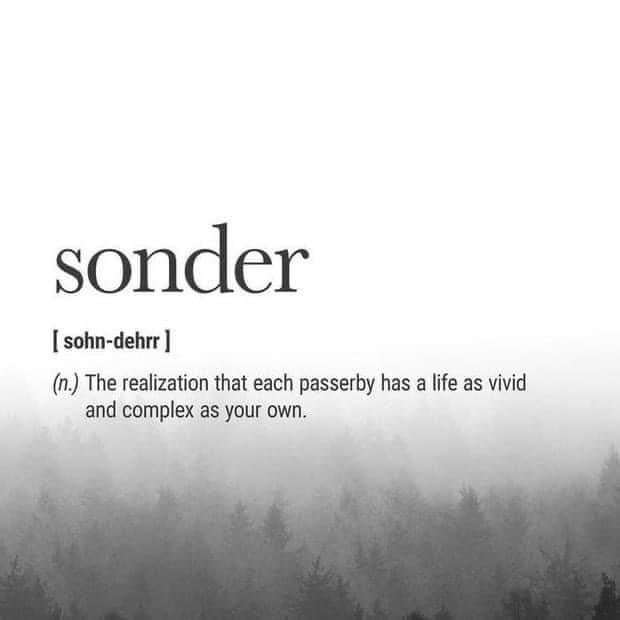The UWCSEA mission talks about creating peace by bringing people together; and the daily life of school consists of lessons, lunch and so on. There seems to be a gap, between these two realities, and I’d like to address that gap today.
I have always had a gut sense that education really matters for making the world a better place, not just for a better career, so I was delighted to read a profound and moving book by Stephen Pinker which marshalls a great deal of data as well as cogent reasoning to argue that what we do on a day-to-day basis does matter; it does make a difference.
To briefly summarise and oversimplify a complex argument, Pinker establishes that the world is, overall, becoming a better, more peaceful place (despite what you may think from listening to the news), and that reason and empathy are two crucial features underlying this improving world. As our students are developing reason and empathy everyday in school, this suggests that in doing so, they are doing more than just learning maths, or just offering service; they are also developing the skills and qualities that are the foundation for peace.
So let’s examine each step here. Is the world becoming more peaceful? Perhaps surprisingly, yes. Things today are far from perfect, but things have got better – dramatically so. In the 18th century in England, 7 year old children were hung for stealing clothes; ponder that for a moment – that’s the age of the Grade 1 children we see in the light blue shirts. At the time the UK was one, apparently, of the more advanced countries in the world, but the government still punished it’s own children for what we would now consider to be trivial crimes, by death. Think how far we have come; and think why. In the United States in 1900, you could shoot people of Chinese descent. They had no rights at all. Again, think of how far we have come; and again, think of why.
On a bigger scale, in the last 40 years the totalitarian Soviet Union declared peace, even dissolved itself without a shot. We no longer live in the shadow of global nuclear war. We have many students from the ex-Soviet states who could not have been here a few years ago. We are also lucky to have many students from China, who will know, better than me, that China has been moving away from totalitarianism, albeit slowly. South Africa renounced apartheid with almost no bloodshed. In Myanmar democratic politician Aung San Suu Kyi was released from 21 years of house arrest by warlord military rulers, after international protest. And again, we’re delighted to have many students from these countries. It is internationally agreed that racism and sexism are abhorrent; and we are moving that way in other areas too. The intolerant voices that exist are the same intolerant voices that opposed the end of slavery, that opposed equal rights for women, and opposed the end of child labour. These voices of intolerance are on the wrong side of history.
Pinker rightly notes that this progress is not inevitable; it’s about the choices people make. And he persuasively argues that two causes for this are the development of reason and empathy across the world.
The role of reason: since the 17th and 18th century, and the widespread institutions of democracy, citizens are expected to subject government action to scrutiny; they are expected to analyse data; to say ‘that makes no sense’ to bad policy. Citizens are, in short, expected to reason; and schools are increasingly, no longer places to inculcate obedience, but places for the development of critical thinking. In each of the five elements of our Learning Programme – from conducting experiments and dealing with data in Science to planning an expedition – we push students towards independent critical reasoning. This may seem obvious to you (I hope it does!), but effects of this innocent sounding word ‘reason’ are profound; because once you can reason well, you at least have a chance of reaching truths – truths such as ‘a peaceful world is better than a violent world’. And this truth is increasingly realized – as I have mentioned even by warlords and totalitarian governments.
The role of empathy. When you are horrified about the idea of hanging children, or of discriminating against people of a different colour skin, part of the reason for that is that you can imagine what it must be like to be on the receiving end of such treatment, and the massive injustice and wrongness of it. But putting yourself in other people’s shoes, seeing the world from their perspective, does not come easily; it’s a hard-won skill. Of course being with people of difference helps a lot – and we are certainly lucky in our community body here – but this empathy and perspective taking is central to the study of literature, of language, humanities, the arts, and of course it’s the root of the Theory of Knowledge, Global Perspectives and Digital Perspectives courses.
So by developing our reason and empathy – that is, by using head and heart, we are equipping our students with the tools to continue making the world a better place. It’s not just about Service, and other ‘obviously good’ things – it’s about what we do everyday, in every lesson, in every activity.
Of course, there is no room for complacency; you don’t need to look far afield as Egypt to know
that terrible injustices and problems are still to be solved. But it’s also good to know that we are not working in isolation; we are joining the millions of people around the world who are working together for peace, and humanity is making great progress, even if it is measured not in weeks or years, but in decades or even centuries.
I end with a picture I showed students in assembly earlier this week; the famous protester who stopped tanks in Tiananmen Square in 1989.

To me, what’s as remarkable about this as the courage shown by the protester, is that the soldier driving the tank did not simply run over him. The soldier, whose job is to obey orders, who may well have undergone years of military training designed to help him obey, reasoned that driving over the man might not be the best thing to do; he did not simply accept what he had been told. And that must have involved empathy – he must have been challenged by the protestor to see another point of view – perhaps how a soldier would look to the world, driving a tank on public streets. Or perhaps he merely recognized what we now take to be a basic truth – that he should take into account other perspectives, such as that of man standing so bravely in front of him.
So my message here, and I thank you for staying with me at the end of a long piece, is that we are all needed – not, necessarily, to be heroes, but simply have to join the millions of people who are using reason and empathy to work towards a more peaceful world, with great, if slow, success.


